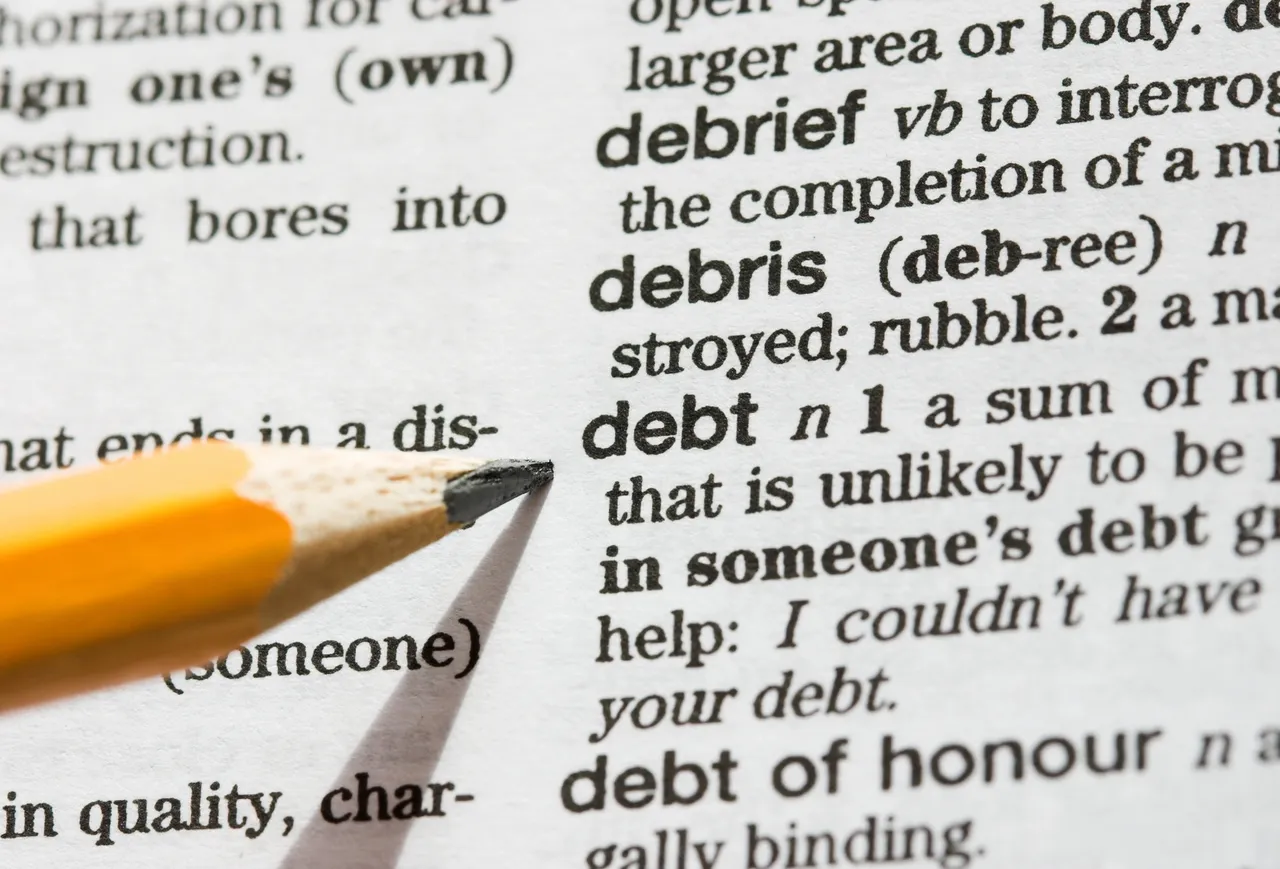Dealing with debt collectors can be a stressful experience for consumers. Fortunately, the Fair Debt Collection Practices Act (FDCPA) is a crucial federal law that protects consumers from abusive and unfair debt collection practices.
Under the FDCPA, consumers have specific rights, and debt collectors are bound by certain prohibitions to ensure fair treatment during the debt collection process. This blog post aims to explain the consumer rights granted by the FDCPA and highlight the prohibited acts by debt collectors as outlined in 12 CFR Part 1006 – Fair Debt Collection Practices Act (Regulation F).
Consumer Rights under the Fair Debt Collection Practices Act
-
Right to Validation of Debt (§ 1006.30)
When a debt collector contacts a consumer about an alleged debt, the consumer has the right to request validation of the debt. Validation includes providing written verification of the debt’s existence and the amount owed. This request must be made within 30 days of receiving the initial communication from the debt collector. Once the request is received, the debt collector must cease collection efforts until they have provided the necessary validation.
2. Right to Dispute the Debt (§ 1006.32)
Consumers have the right to dispute the debt’s validity if they believe it is inaccurate or if they don’t owe the debt at all. Upon receiving a dispute, the debt collector must cease collection efforts until they have conducted a reasonable investigation and provided the consumer with verification of the debt.
3. Right to Cease Communication (§ 1006.6)
Consumers have the right to request that a debt collector cease communication regarding the debt. This request can be made in writing, and once received, the debt collector can only contact the consumer to acknowledge receipt of the request or inform them of further legal actions. However, this does not relieve the consumer of their obligation to pay the debt if it is valid.
Prohibited Acts by Debt Collectors under the FDCPA
-
Harassment or Abuse (§ 1006.30(b))
Debt collectors are prohibited from engaging in any conduct that harasses, oppresses, or abuses the consumer. This includes using threats of violence, using obscene or profane language, or repeatedly calling with the intention of annoying or harassing the consumer.
2. False or Misleading Representations (§ 1006.30(e))
Debt collectors are not allowed to use false, deceptive, or misleading representations in their communication with consumers. This includes misrepresenting the amount owed, misrepresenting themselves as attorneys or government representatives, or providing false information about the consequences of not paying the debt.
3. Unfair Practices (§ 1006.30(f))
Debt collectors must not engage in unfair practices when attempting to collect a debt. This includes adding unauthorized charges or fees to the debt, depositing post-dated checks prematurely, or threatening to seize property without the legal authority to do so.
4. Contacting Consumers at Inconvenient Times (§ 1006.30(c))
Debt collectors are restricted from contacting consumers at inconvenient times, such as before 8:00 AM or after 9:00 PM, unless the consumer has given explicit permission to do so.
Conclusion
The Fair Debt Collection Practices Act (FDCPA) serves as a critical shield for consumers against abusive and unfair debt collection practices. Understanding your rights under the FDCPA is essential to protecting yourself from unscrupulous debt collectors. Remember, if you believe a debt collector has violated the FDCPA, you have the right to file a complaint with the Consumer Financial Protection Bureau (CFPB) or seek legal counsel to enforce your rights.
(Note: The content of this blog post is based on the FDCPA and 12 CFR Part 1006 as of September 2021. Always ensure to check for any updates or amendments to the law after this date.)

Leave a Reply